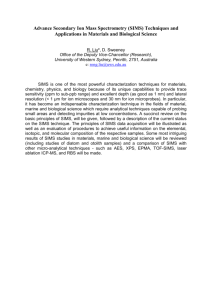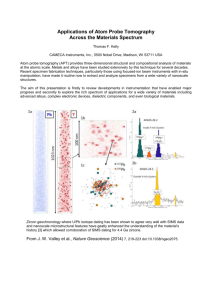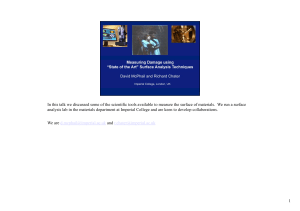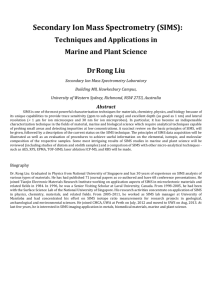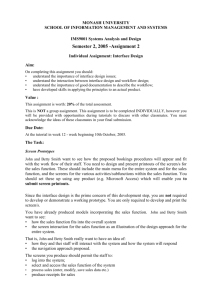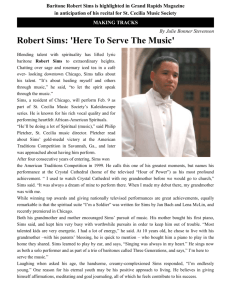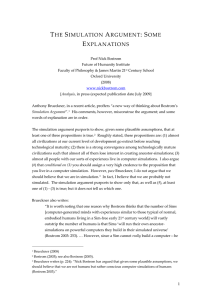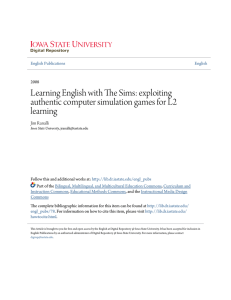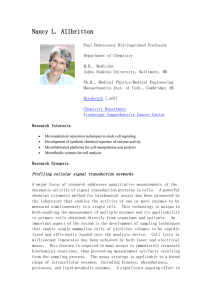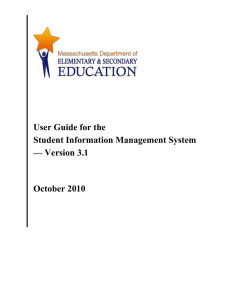Invited Talks Peter Carr
advertisement
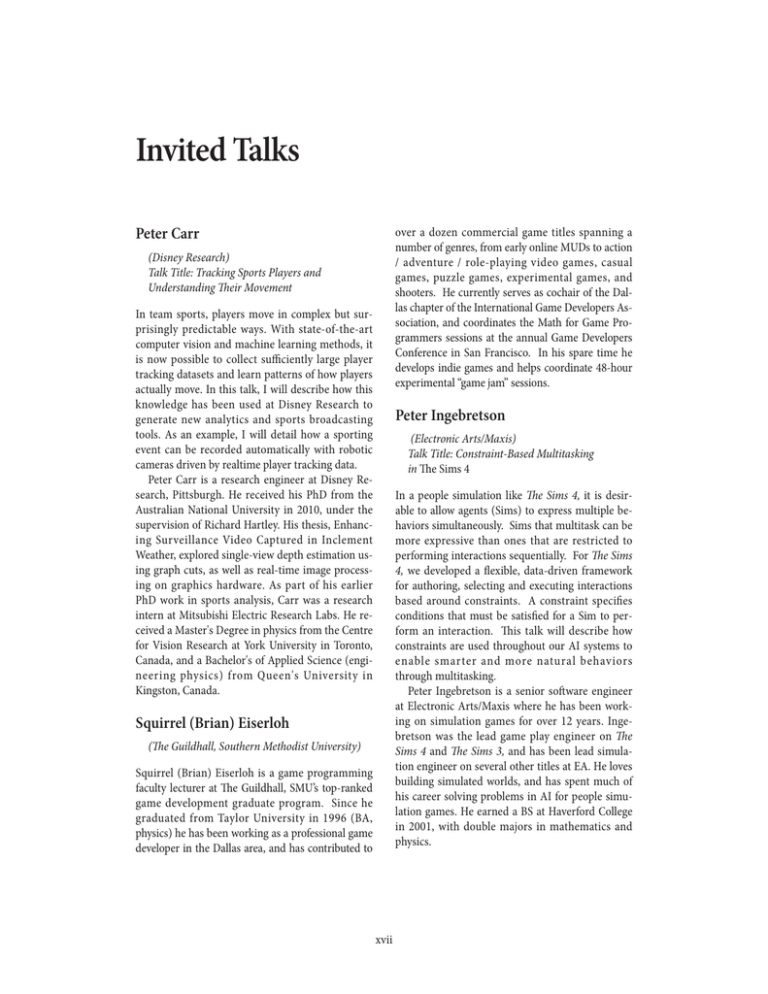
Invited Talks over a dozen commercial game titles spanning a number of genres, from early online MUDs to action / adventure / role-playing video games, casual games, puzzle games, experimental games, and shooters. He currently serves as cochair of the Dallas chapter of the International Game Developers Association, and coordinates the Math for Game Programmers sessions at the annual Game Developers Conference in San Francisco. In his spare time he develops indie games and helps coordinate 48-hour experimental “game jam” sessions. Peter Carr (Disney Research) Talk Title: Tracking Sports Players and Understanding eir Movement In team sports, players move in complex but surprisingly predictable ways. With state-of-the-art computer vision and machine learning methods, it is now possible to collect sufficiently large player tracking datasets and learn patterns of how players actually move. In this talk, I will describe how this knowledge has been used at Disney Research to generate new analytics and sports broadcasting tools. As an example, I will detail how a sporting event can be recorded automatically with robotic cameras driven by realtime player tracking data. Peter Carr is a research engineer at Disney Research, Pittsburgh. He received his PhD from the Australian National University in 2010, under the supervision of Richard Hartley. His thesis, Enhancing Surveillance Video Captured in Inclement Weather, explored single-view depth estimation using graph cuts, as well as real-time image processing on graphics hardware. As part of his earlier PhD work in sports analysis, Carr was a research intern at Mitsubishi Electric Research Labs. He received a Master's Degree in physics from the Centre for Vision Research at York University in Toronto, Canada, and a Bachelor's of Applied Science (engineering physics) from Queen's University in Kingston, Canada. Peter Ingebretson (Electronic Arts/Maxis) Talk Title: Constraint-Based Multitasking in e Sims 4 In a people simulation like e Sims 4, it is desirable to allow agents (Sims) to express multiple behaviors simultaneously. Sims that multitask can be more expressive than ones that are restricted to performing interactions sequentially. For e Sims 4, we developed a flexible, data-driven framework for authoring, selecting and executing interactions based around constraints. A constraint specifies conditions that must be satisfied for a Sim to perform an interaction. is talk will describe how constraints are used throughout our AI systems to enable smarter and more natural behaviors through multitasking. Peter Ingebretson is a senior soware engineer at Electronic Arts/Maxis where he has been working on simulation games for over 12 years. Ingebretson was the lead game play engineer on e Sims 4 and e Sims 3, and has been lead simulation engineer on several other titles at EA. He loves building simulated worlds, and has spent much of his career solving problems in AI for people simulation games. He earned a BS at Haverford College in 2001, with double majors in mathematics and physics. Squirrel (Brian) Eiserloh (e Guildhall, Southern Methodist University) Squirrel (Brian) Eiserloh is a game programming faculty lecturer at e Guildhall, SMU’s top-ranked game development graduate program. Since he graduated from Taylor University in 1996 (BA, physics) he has been working as a professional game developer in the Dallas area, and has contributed to xvii
